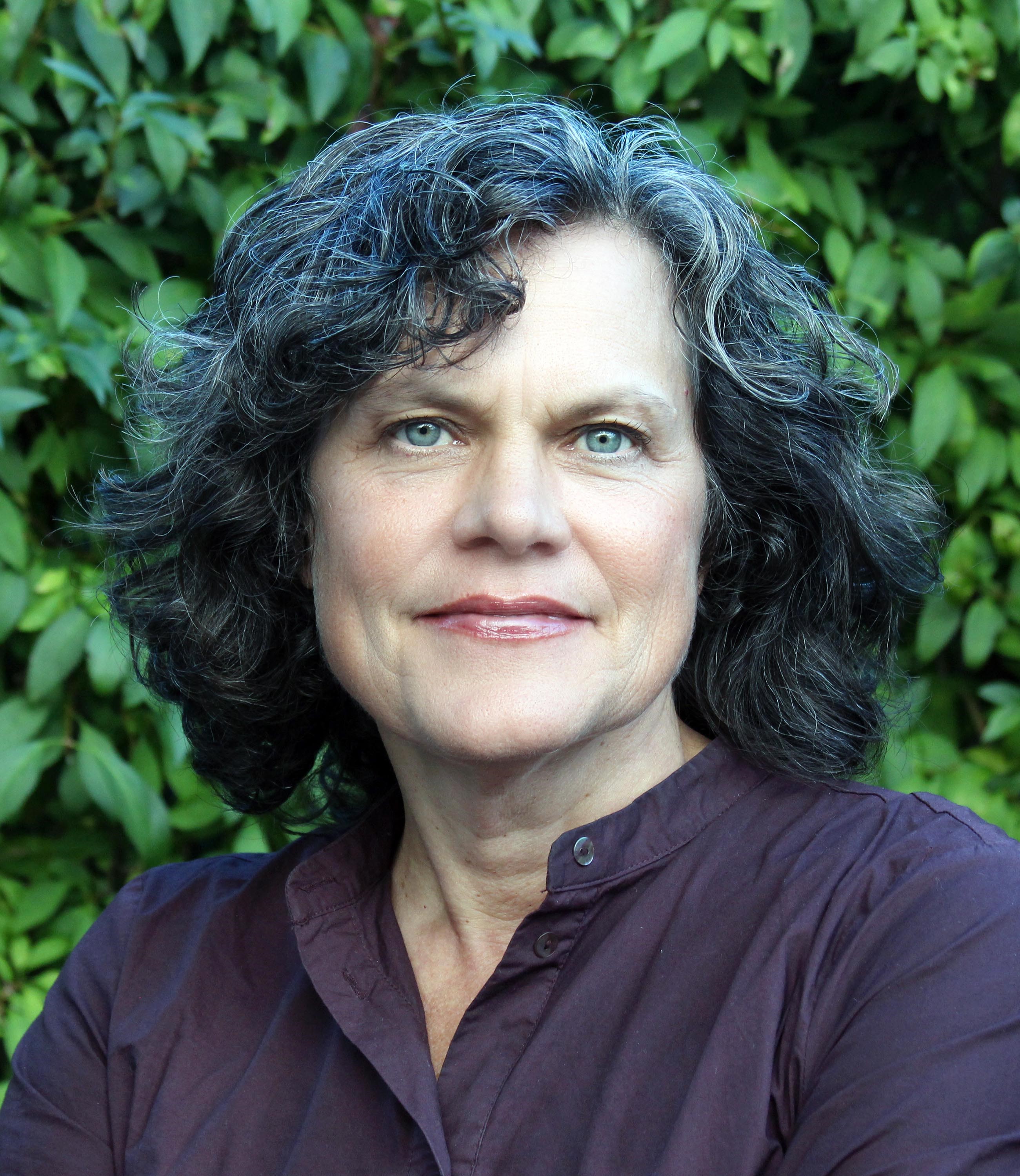Yehuda Amichai in Late November
Do not write the poem of love in the night of love;
as you lie in the arms of your beloved, love!
Soon enough your passions will be done
and you will have nothing left but your love
of words for comfort. How it always happens:
the day he deploys, the soldier falls in love.
Americans write such boring poems because
your wars are so abstract, as are your loves.
If you want to become a poet, be a warrior
trained to crave neither praise nor love.
Dead for a decade, Yehuda still chides
from the workshop table. But look, my love,
violets bloom in this autumn ditch like advice
to trick time: let’s make language and love at once.
Memorial Day, 1972
In my Girl Scouts tam and dress, I stood before my parents
who seemed less pleased than I expected,
silently struggling, I now guess, to say the right thing.
Dad wondered aloud what his brother, working for peace
in a Vietnamese village just south of the DMZ,
would think of me, the young niece marching in uniform
between convertibles of gentlemen vets from the Great War,
the Good War, and Korea. I thought only of glittering
batons tossed by majorettes in bathing suits and boots,
purr of polished fire trucks, shine of tubas
and trombones blown by sweaty, stern-faced boys,
and the dignity my practiced, white-gloved wave
might bestow upon the heavy, hair-sprayed ladies
parked in lawn chairs along Race Street. Honoring
the dead doesn’t have to mean you’re for war,
I tried, veteran of fraternal conflict, desperate
for glamour, for anything outside that town. You decide,
Dad sighed, as if choice existed, as if a line
had not been set between us and the world
of warriors. Firm, wordless. That silence
I now hit, worn out by my own kid’s arguments.
At noon, a fire siren sounded the start
of that parade. My green dress and sash of badges
already hung slack in the closet.
